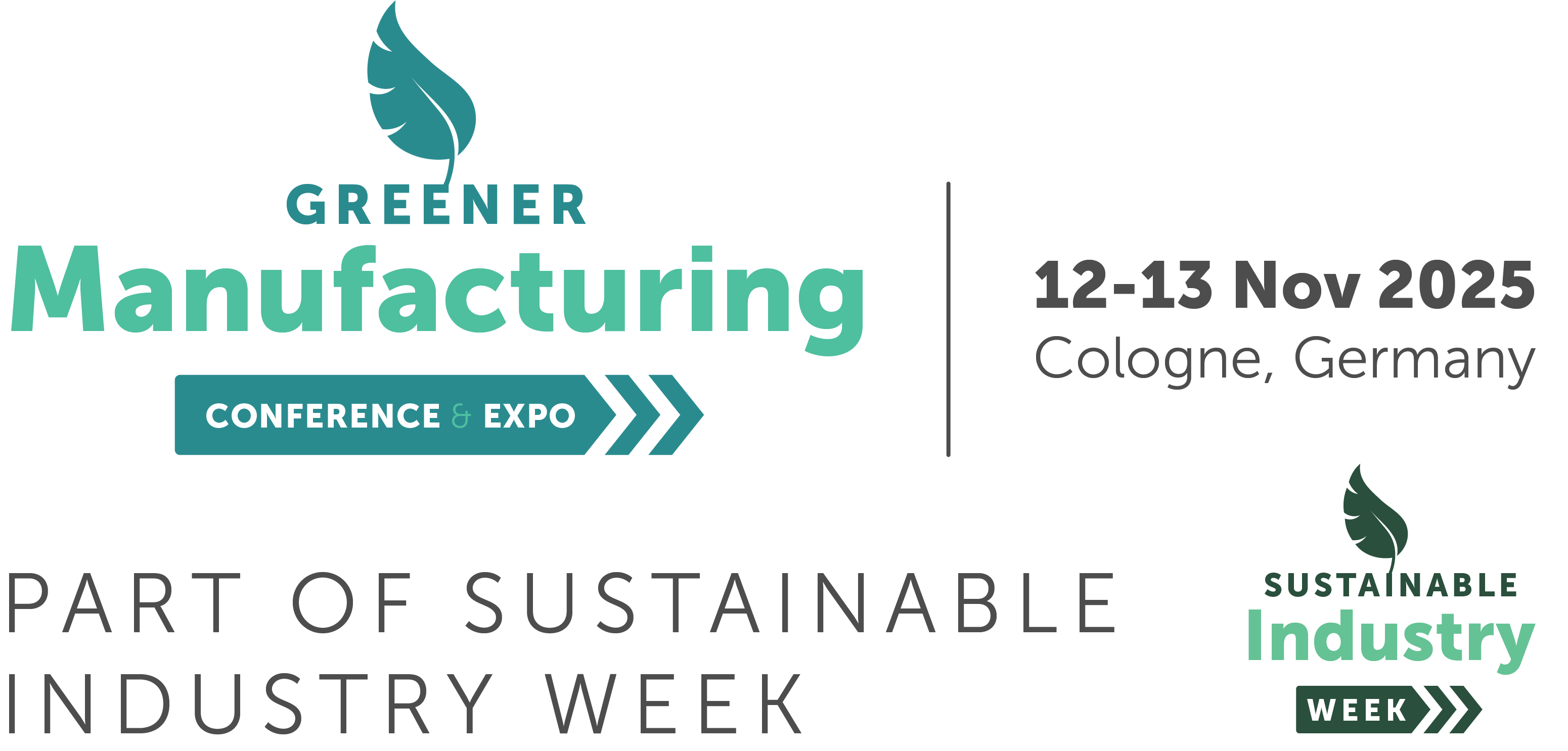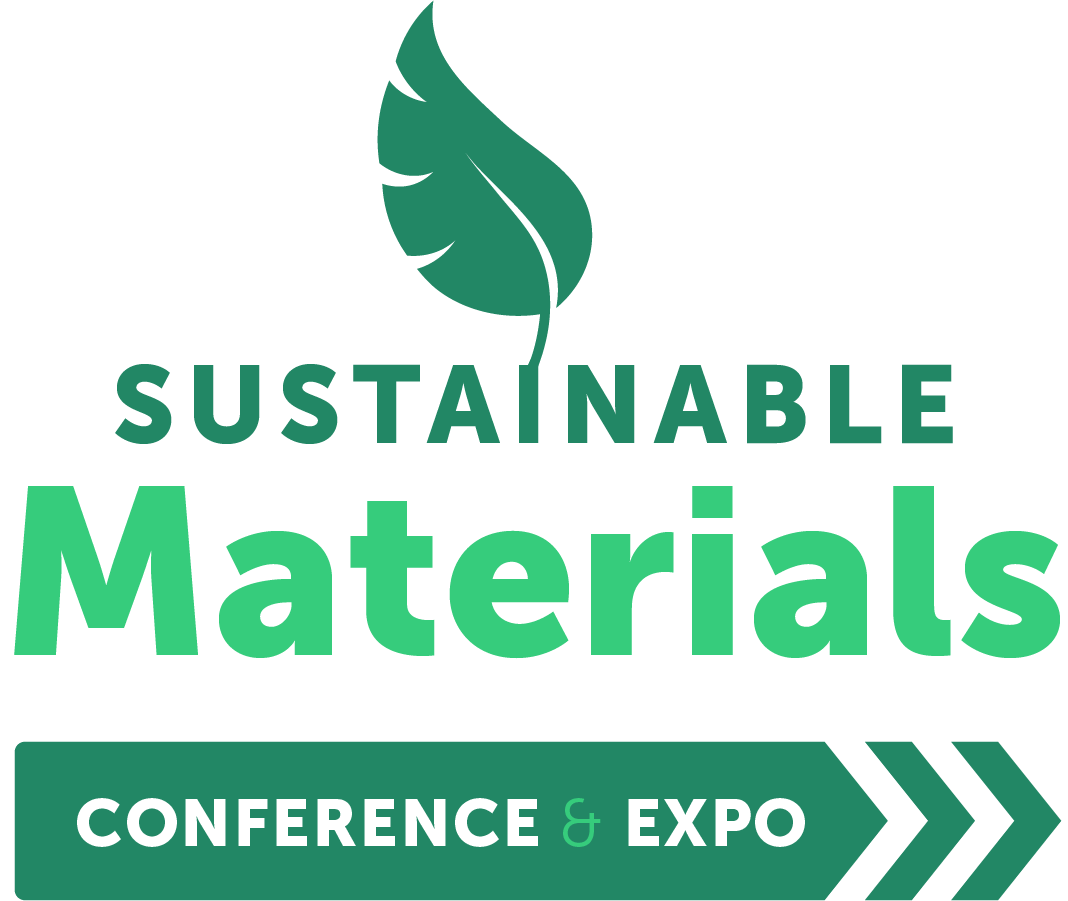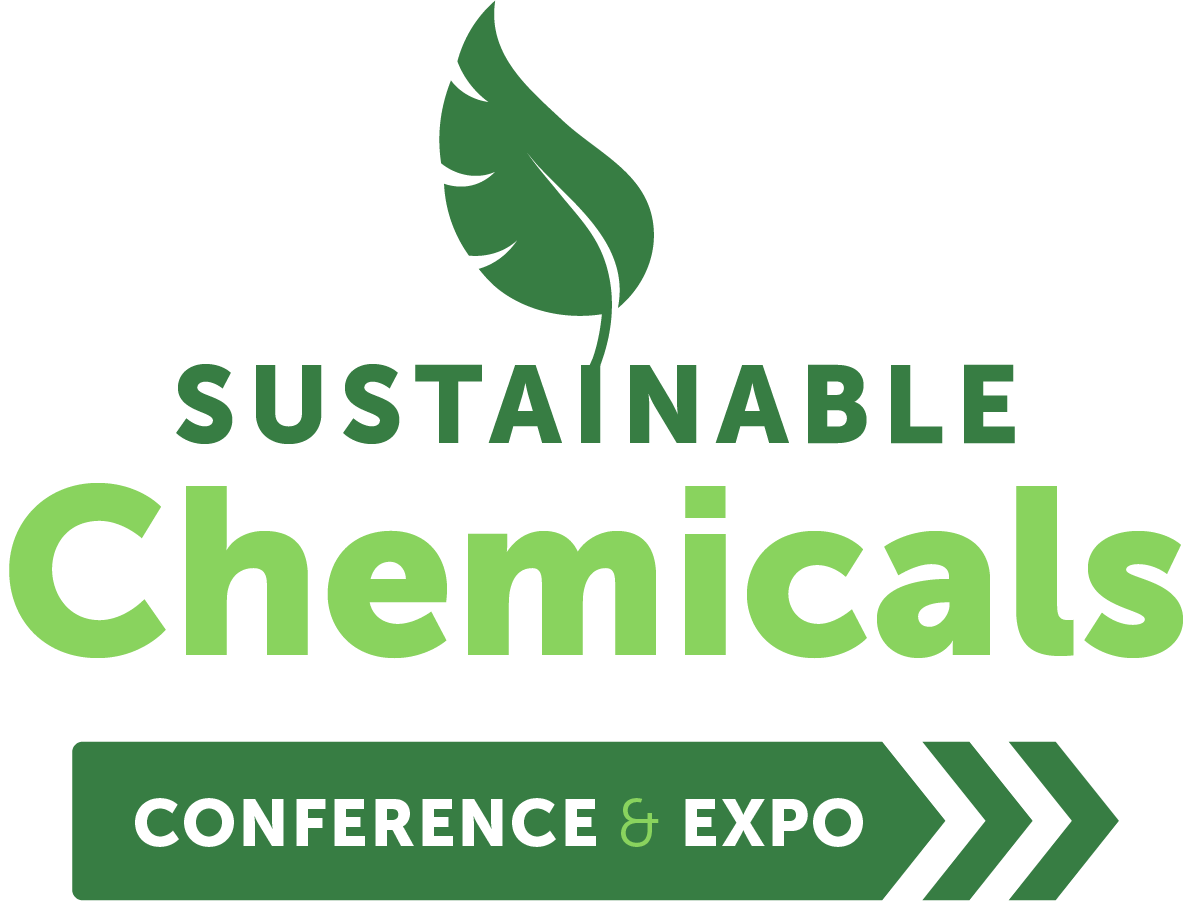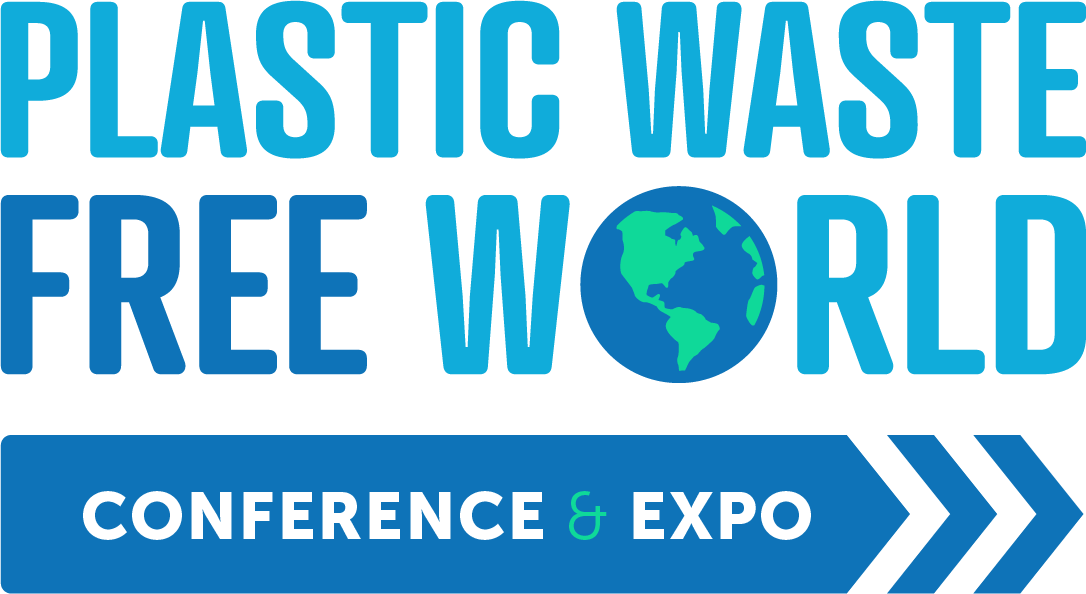The Role of Biodegradable and Compostable Plastics in Circular Economy and Sustainability
The European Union, within the framework of the Green Deal, has been promoting a series of policies on plastic as part of the Circular Economy Action Plan. These policies aim to facilitate the transition to a more circular economic model by promoting innovative and sustainable business models, products, and materials. In this context, biodegradable and compostable plastics are presented as an alternative to conventional plastics in specific applications and as a tool in the fight against plastic waste.
To strengthen the role of biodegradable and compostable plastics within circular economy and sustainability policies, progress has been made at the legislative level. For instance, Directive (EU) 2015/720 recognises the European standard EN 13432 as valid for determining the final acceptance criteria for packaging recoverable through industrial composting, although work needs to be done on the standard for home compostable packaging.
The European Commission announced the publication of a policy framework on the environmental benefits offered using bio-based, biodegradable and compostable plastics; therefore, these legislative measures will accelerate the transition towards the use of these materials. In this line, the proposal for a Regulation of the European Parliament and of the Council on packaging and packaging waste, opens the possibility for mandatory compostability requirements for coffee capsules and tea bags. While Regulation (EU) 2019/1009, which lays down rules on the marketing of EU fertilizing products, includes biodegradation criteria in soil and water as mandatory for the marketing of controlled-release coatings and water-retaining polymers, with the aim of counteracting the pollution caused by persistent microplastics in natural environments.
In this context, this work aims to promote the environmental benefits of these products through terminology and understanding of the biodegradation and compostability process and the various factors involved. In addition, the various end-of-life scenarios for biodegradable and compostable products are presented, focusing on compliance with relevant certifications and eco-labels as an appropriate means to ensure the environmental benefits of these products. Indeed, there is currently confusion among consumers, leading to deficiencies in plastic waste management and recovery systems.






